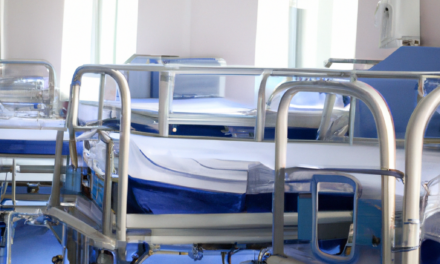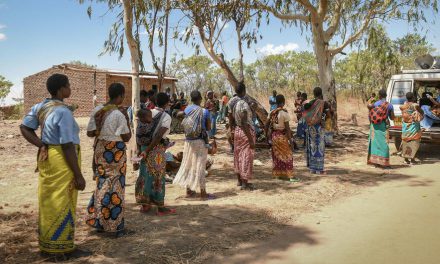Multidrug-resistant TB
Anti-TB medicines have been used for decades and strains that are resistant to one or more of the medicines have been documented in every country surveyed. Drug resistance emerges when anti-TB medicines are used inappropriately, through incorrect prescription by health care providers, poor quality drugs, and patients stopping treatment prematurely.
Multidrug-resistant tuberculosis (MDR-TB) is a form of TB caused by bacteria that do not respond to isoniazid and rifampicin, the 2 most effective first-line anti-TB drugs. MDR-TB is treatable and curable by using second-line drugs. However, second-line treatment options are limited and require extensive chemotherapy (up to 2 years of treatment) with medicines that are expensive and toxic.
In some cases, more severe drug resistance can develop. TB caused by bacteria that do not respond to the most effective second-line anti-TB drugs can leave patients without any further treatment options.
In 2019, MDR-TB remains a public health crisis and a health security threat. A global total of 206 030 people with multidrug- or rifampicin-resistant TB (MDR/RR-TB) were detected and notified in 2019, a 10% increase from 186 883 in 2018. About half of the global burden of MDR-TB is in 3 countries – India, China and the Russian Federation.
Worldwide, only 57% of MDR-TB patients are currently successfully treated. In 2020, WHO recommended a new shorter (9-11 months) and fully-oral regimen for patients with MDB-TB. This research has shown that patients find it easier to complete the regimen, compared with the longer regimens that last up to 20 months. Resistance to fluoroquinolones should be excluded prior to the initiation of treatment with this regimen.
In accordance with WHO guidelines, detection of MDR/RR-TB requires bacteriological confirmation of TB and testing for drug resistance using rapid molecular tests, culture methods or sequencing technologies. Treatment requires a course of second-line drugs for at least 9 months and up to 20 months, supported by counselling and monitoring for adverse events. WHO recommends expanded access to all-oral regimens.
By the end of 2019, 89 countries started using shorter MDR-TB regimens and 109 had imported or started using bedaquiline, in an effort to improve the effectiveness of MDR-TB treatment.











